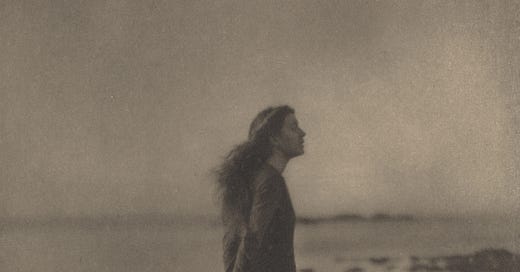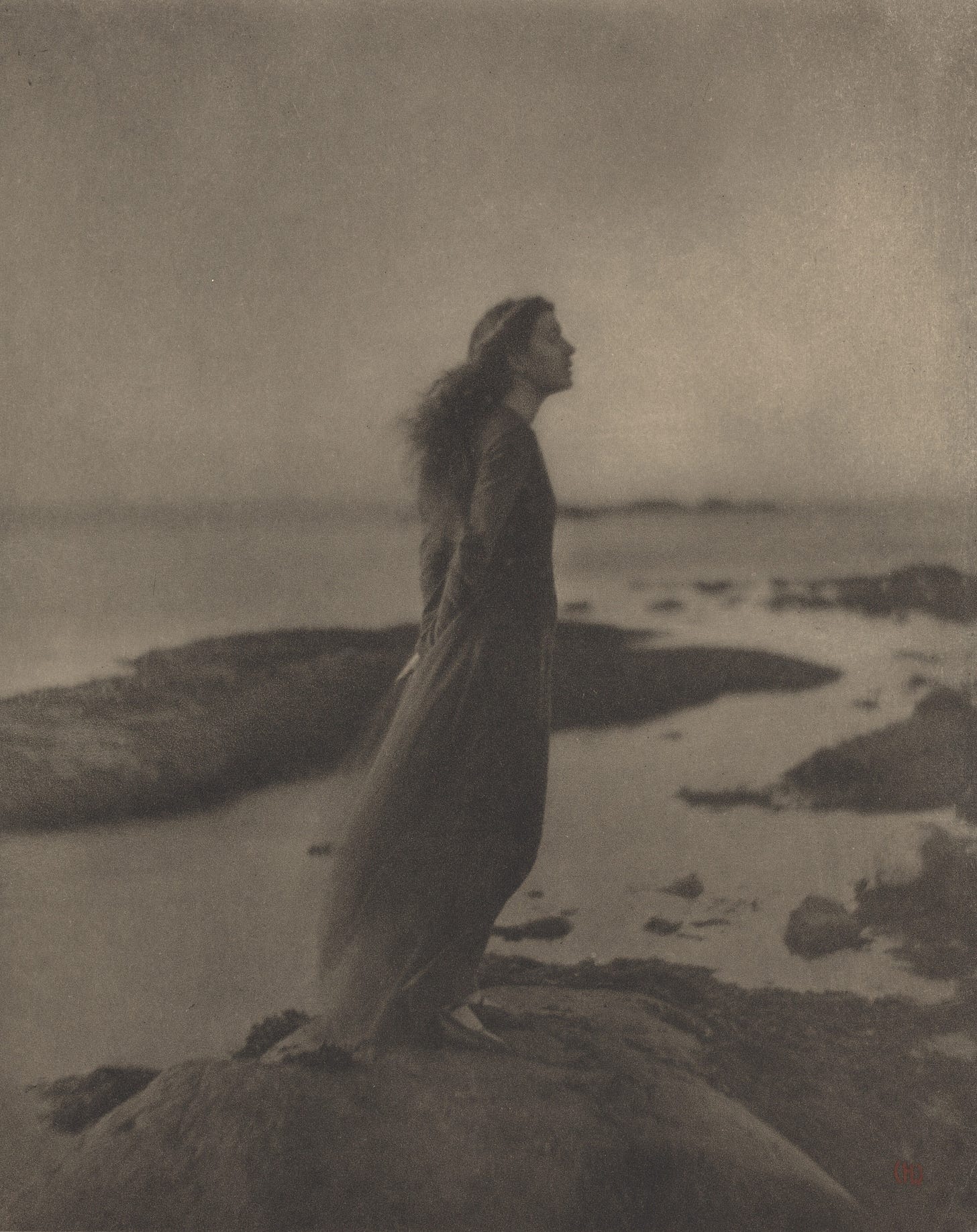Moralising Desire Is a Mistake
It's time to cleave apart the political from the deeply personal.
For an in-depth discussion on this topic, check out Hot Take Think Tank episode five.
Within queer circles, it is not uncommon to hear people say that desire is political, that you should expand your desires, and that not doing so makes you a bad person. The implied message is that if you are not attracted to someone with a marginalized identity, you are a bigot.
The personal and political have become indistinguishable on the identitarian left. Every single thought in your head, every word you choose, how you dress and how you hold yourself are all political statements. Activities such as napping or cancelling plans can be considered political if the person doing it is considered sufficiently oppressed (by North American, not global, standards of course). And desire, that elusive, mysterious and crucial aspect of love and partnership, is a site of oppression requiring significant re-education.
Now, I do think it is reasonable for people to examine who they are attracted to and why, and to consider whether they are passing up people they may be compatible with based on snap judgements, superficial features or misplaced assumptions. Desire can also shift over time as one gets to know someone; I have fallen for people I wasn’t immediately attracted to as we grew close, and I have felt all desire for a hot person evaporate once they opened their mouth. It’s a good idea to treat potential dates as individuals rather than representatives of identity groups, to keep an open mind and to allow for sweet surprises in our dating lives.
However: social justice orthodoxy goes a step further by insisting that having preferences is inherently bigoted (unless of course your preference is trans for trans or BIPOC for BIPOC, in which case your preferences are revolutionary and good). Not finding a member of X group attractive means that you must be harbouring contempt and even hatred for that group. I’ve heard of dates that ended with the person who said “let’s be friends” being accused of an -ism or a -phobia simply for not wanting a second date.
It seems pretty clear that desire lies outside of our conscious control to a significant extent: people commonly fall for people they know they shouldn’t, and feel no desire when they deeply wish they did. There are also circumstances in which someone may want to shift their desires, for example if they find themselves attracted to volatile or unavailable people (or if they are dealing with a paraphilia, which is far beyond the scope of this article). But there’s a difference between someone choosing to recalibrate their desires because they think it will be beneficial, and someone who feels they must change their desires to avoid social shunning or punishment.
Desire is not the sole basis by which to choose a lover, but neither is it inconsequential. No one should be talking themselves into a romantic or sexual encounter that they do not want because they’re scared saying no makes them a bigot. To be clear, I believe it’s exceedingly rare for self-proclaimed marginalized people to threaten their dates in this way. What I do suspect is common is people convincing themselves that their natural desires are wrong and bad, and that if they want to be a good leftist, that they need to expand their parameters. What a legacy for modern queers to leave: your desires make you a bad person.
I know what this feels like because I was caught up in it. I grew alienated from my own desire while I was in the social justice subculture, as I tried to persuade myself to match my attraction to my political ideals. It was a really confusing time for me; overriding my desires led to ambivalent, unsatisfying encounters and regret. The funny thing is, I wasn’t consciously hooking up with people I wasn’t attracted to; I’d just gotten so used to ignoring my emotions and ruminating over every decision that desire simply didn’t factor in.
The people we date are not guinea pigs or charity cases or badges of honour; their inner lives are just as rich as our own, and we should treat one another with as much respect as we can. Part of showing someone respect is being honest with them. Trying to avoid hurting someone’s feelings by faking attraction is a cruelty of its own, both to ourselves and to our dates.
Reviving the moralisation of desire is a grave error. Beating ourselves up because our attractions make us bigots isn’t too many steps beyond beating ourselves up because our attractions make us sinners. Confusing the personal with the political has not only caused so many of us to ruminate over our every breath, but it has also misled us into thinking that dating is somehow doing politics. I believe that people deserve to live their intimate lives free from relentless political scrutiny. The way we meet and choose our lovers is so much richer and more complex than social justice moralising could ever encapsulate.






This is such a tricky area to talk about. I can think of many ways desire has been considered a moral and/or a political issue in the past. Queer love and or extramarital love are obviously still problems in the eyes of many people currently. But in the past, loving someone with a different religion, politics, skin colour, or nationality could get you disowned from your family. I personally know of several cases of English born people who were disowned when they married an Irish person.
And then there is the way class or caste intersects with desire. In my community there was a young woman named Jaswinder Kaur Sidhu who was from a wealthy landowning family. She married a poor rickshaw driver secretly against the wishes of some of her family members. A year later she was murdered in India and her husband was badly beaten. Eventually it came out that her own mother and uncle had arranged for their murders.
I suppose all desire exists within a societal context of some sort and approval or disapproval follows from that. It begs the question: Are humans innately moralizing or rule-creating creatures? If so, how does that serve us at an individual, family or community level? Is it possible for us to create a world without right or wrong, good or bad? I wonder …
Nice work, kier! Very glad to have access to your voice. You're a testament to the sanity and common sense that await those who shake free of the cult.